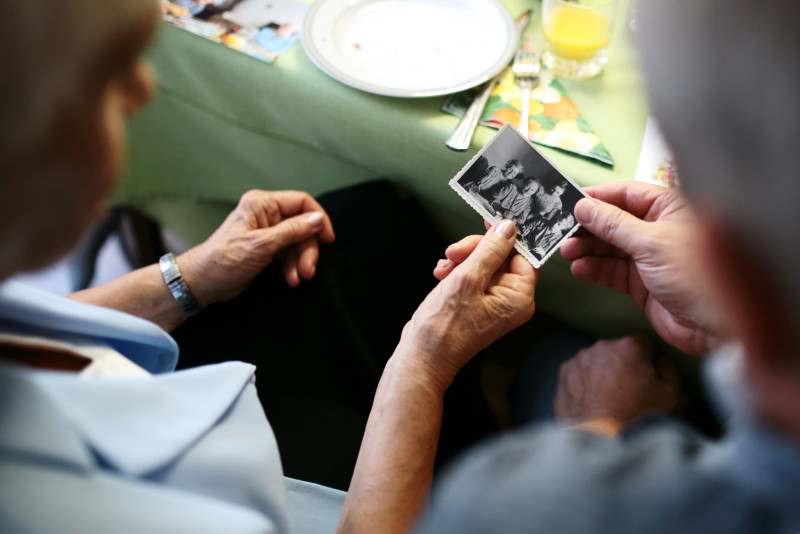Memory Care for Those You Love
All of us, at some point in life, have started to leave for work in the morning and not known where we put our keys from the day before. Or perhaps you’ve walked into a room but forgotten why you went there in the first place. These types of memory lapses are completely normal, albeit occasionally frustrating. When you’re caring for an older friend or family member though, observing moments of forgetfulness in them can become worrisome. A daughter of an aging parent recently shared with me some of her experiences as she began to notice a change in her father,
“When Dad first couldn’t remember by supper what he had for lunch I thought I needed to watch for other signs of memory loss. But it wasn’t until about three months later that within one week I noticed a big change. He forgot how to run his TV remote, use his cell phone correctly, and misplaced his medicine three different times. He was becoming increasingly more frustrated. This is when I first called his doctor and asked for help regarding my Dad’s decline with his memory and thinking skills.”
The Mayo Clinic defines dementia as a group of symptoms affecting memory, thinking, and social abilities severely enough to interfere with daily functioning.
The Alzheimer’s Foundation of America reports that the most common cause of dementia is Alzheimer’s disease. It has been estimated that there are 5.3 million Americans living with Alzheimer’s disease today. So, as your loved one ages it’s important to understand the differences between normal age-related forgetfulness, and symptoms that may point to some form of dementia. The AFA provides this sample list of symptoms that may warrant an appointment with a doctor for your loved one.
- Trouble with new memories
- Relying on memory helpers
- Trouble finding words
- Struggling to complete familiar actions
- Confusion about time, place or people
- Misplacing familiar objects
- Onset of new depression or irritability
- Making bad decisions
- Personality changes
- Loss of interest in important responsibilities
- Seeing or hearing things
- Expressing false beliefs
Most importantly if your loved one is experiencing difficulty with daily life because of memory loss, it is time to reach out.
It’s heartbreaking to see the people that we have depended on, and have looked up to, begin to struggle as they age. The very people who have been so strong for us are now in need of our help. In order to help them we must surround ourselves with the resources of medical knowledge and caregiver experience. Cambrian Senior Living offers this knowledge and experience with a compassionate staff who are dedicated to the care of the aging seniors, and the support of their family.
On the third Thursday of every month, Cambrian holds a support group meeting in Tecumseh, MI for the friends and family of loved ones with memory loss concerns. This is a great opportunity to give and receive social support as you talk and listen to others who are experiencing some of the same challenges. Caring for someone with dementia can be wearying and hard to balance with the other responsibilities in your life.
Understanding more about the disorder, and gaining advice and encouragement from others can make all the difference.
Additional Resources:
Age-Related Memory Loss information
2015 Alzheimer’s Disease Facts and Figures
Categorized in: blog-news





Comments are closed here.